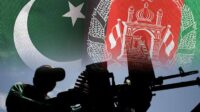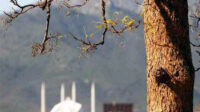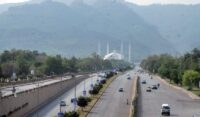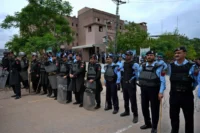U.S. President Donald Trump has named India, Pakistan, Afghanistan, and Myanmar among countries classified as “major drug transit or major illicit drug producing” nations under American law.
The designation, issued through a presidential memorandum during Trump’s tenure, places these South and Southeast Asian nations on a list that also includes countries from Latin America, Africa, and the Caribbean.
According to the White House document, inclusion on the list does not automatically imply a lack of cooperation with U.S. counter-narcotics efforts. Instead, it reflects the countries’ geographic position, trade flows, or domestic production that make them significant to the global narcotics trade.
- Afghanistan has long been cited as the world’s largest producer of illicit opium.
- Myanmar remains a major hub for synthetic drug and opium production in Southeast Asia.
- Pakistan is identified as both a transit route and a location where precursor chemicals enter the region.
- India, while not a major producer, is considered a key transit country due to its large pharmaceutical sector and trafficking networks operating through its borders.
U.S. officials emphasize that this categorization is required annually under the Foreign Assistance Act and the Foreign Relations Authorization Act, and does not necessarily mean punitive measures will follow. However, countries that consistently fail to cooperate with American anti-narcotics programs risk facing cuts in U.S. foreign aid.
The latest memorandum continues a long-standing policy of U.S. administrations, but Trump’s mention of South Asian countries has sparked renewed debate in the region over drug trafficking routes and domestic law enforcement challenges.






